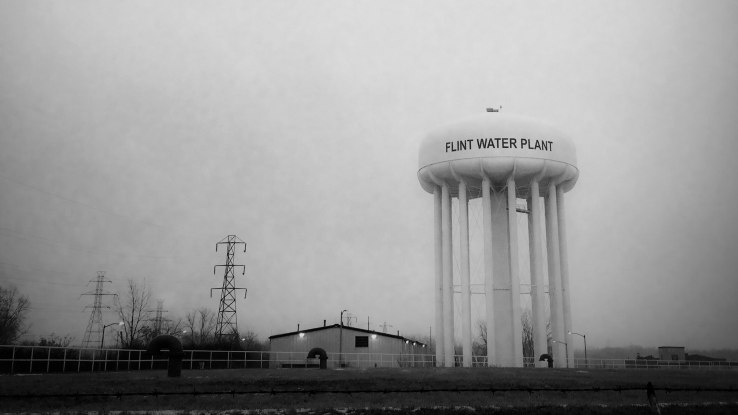

Google’s charitable arm is today announcing several grants and donations aimed at helping the residents of Flint, Michigan respond to their ongoing water crisis. With a total amount of $250,000, the funds will be used to pay several local researchers and address health concerns connected with drinking the poisoned water.
The cash won’t solve the crisis. The city and state estimate it tens of millions of dollars and many man hours are needed to do that. Yet this money is wisely earmarked in strategic ways that will make it go far.
Google.org reached out to TechCrunch and explained that $150,000 will be used for teams of researchers at Flint and Ann Arbor University of Michigan campuses with the goal of developing a comprehensive data platform. This system will then be available to government and local community leaders and able to assist in making decisions about the water crisis.
A $100,000 will then be given to the Community Foundation of Greater Flint. This local non-profit has been around for 30 years and in response to the water crisis, earlier this year, developed a fund to address the long term health of Flint families and specifically babies who could have been affected by water tainted with lead.
This money comes as Flint, Michigan is attempting to recover after inadvertently poising its residents. This happened after the State of Michigan and local officials switched the local water supply to a corrosive source and did not properly treat the water, causing the water to away at the aging infrastructure and leak lead into the drinking water of some of the 100,000 local residents. Flint was already a town teetering on the verge of utter collapse. Before the water crisis hit, Flint was known as the city General Motors left behind. Now it’s known as Toxic Town.
I live nearby in a suburb of Flint and this water crisis affects the entire area. Google.org’s cash seems well placed. This crisis was caused in part by local officials not having the proper data about the infrastructure. Hopefully the researchers here can help build a system that will prevent other communities from suffering the same fate.
Featured Image: Perry Rech/American Red Cross/AP

